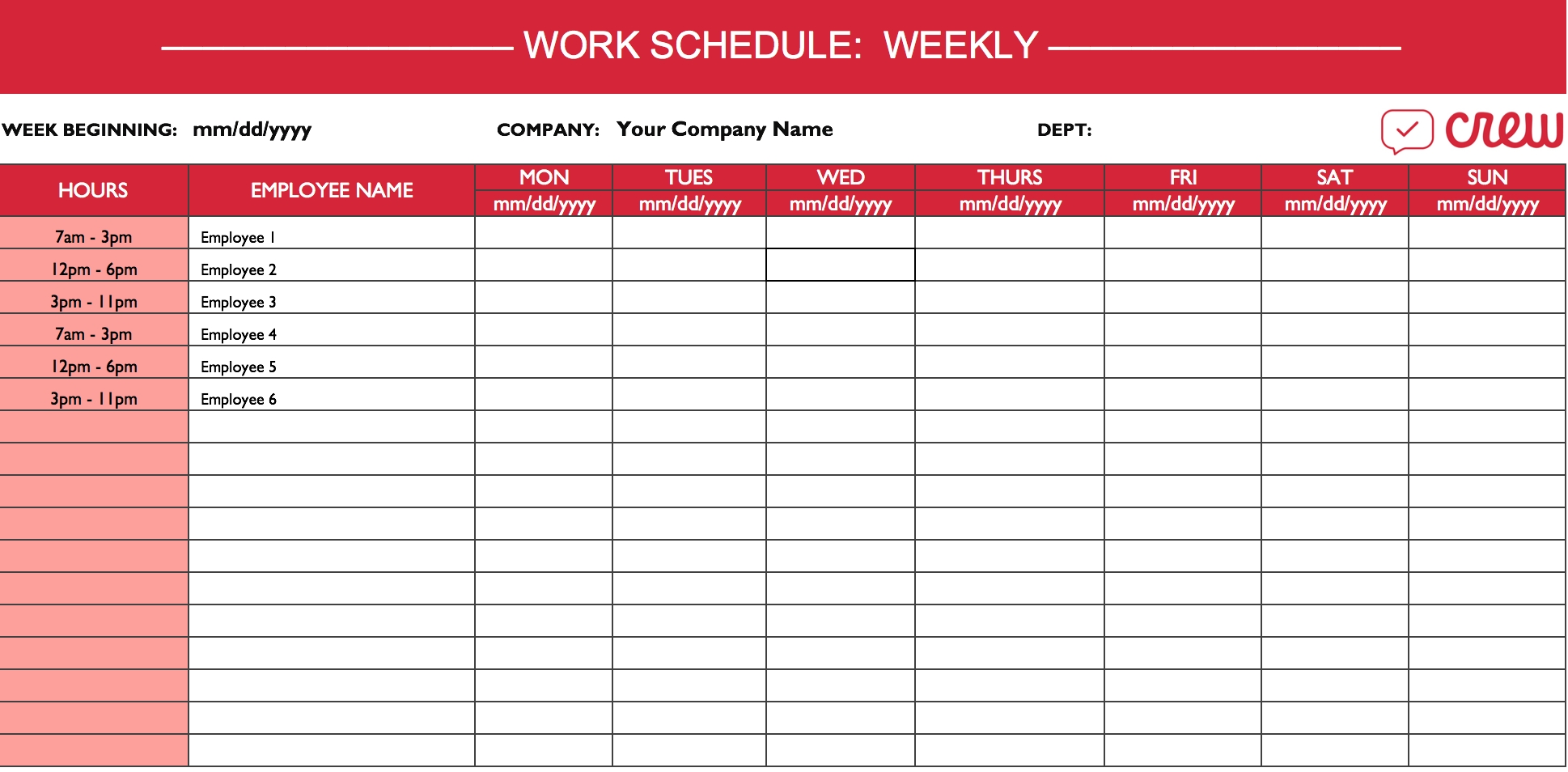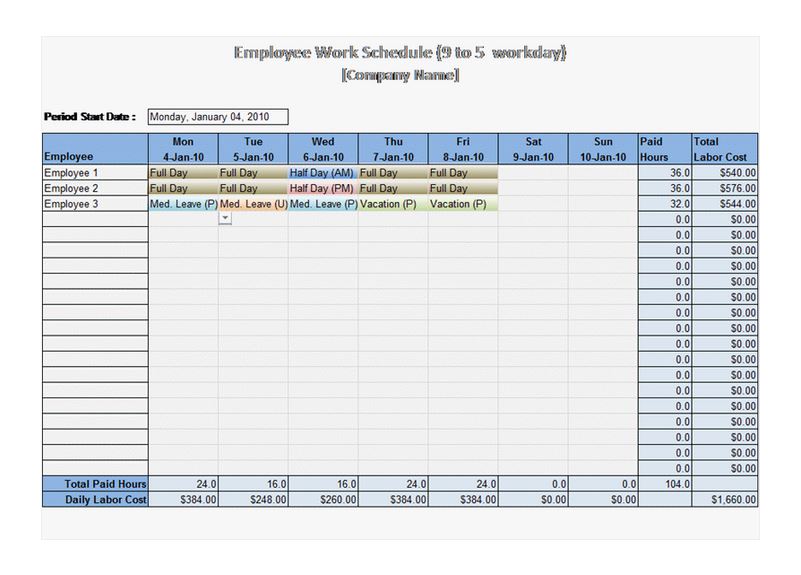
It’s not uncommon when a disability or medical reason is mentioned in the type of situation described above, that a supervisor or human resources manager might believe that the ADA is triggered and there is a duty to engage in the interactive process. When flexible work arrangements are available to all employees as a matter of policy or practice and no information or explanation is required, or no criteria must be met to receive this flexibility, then an employee with a disability who requests access to the flexibility afforded to others - like working at home a couple days a week or flexing a work schedule and making up time missed - should not be required to provide medical information to receive this flexibility. AccommSol’s policy entitles Keaton to a flexible work arrangement without the need to provide documentation or an explanation. Keaton should not be asked to provide medical documentation to approve this request simply because his reason for requesting the flexible work schedule supports recovery and treatment for alcoholism. In another example, Keaton works in the same department and requests to flex his work schedule two days a week in order to attend group therapy sessions in the morning as part of his alcoholism recovery process. Amaya is granted the schedule she requests as a matter of policy.

When Amaya requests to work a compressed work schedule in order to be off on Wednesdays to provide care for her eighty-three-year-old mother, who requires dialysis, the employer does not ask for a note from her mother’s health care provider to approve the schedule. For example, AccommSol company has a policy that allows alternative and flexible scheduling for employees in the advertising department. Why is it a possible ADA misstep to ask for medical information?Ĭonsider for a moment how employees without disabilities are generally treated when workplace flexibility is requested in accordance with an employer’s current policy or practice. This is when it’s important to keep the Americans with Disabilities Act (ADA) in mind. However, it’s not uncommon for a supervisor or manager to trip up when an employee requests access to workplace flexibility for a disability-related reason and to make the possible misstep of requesting medical documentation. When an employer generally allows flexible work arrangements as a policy or practice, often no information is required to be provided by employees. But while some workplaces have embraced this flexibility, others still only offer flexible work arrangements either as a privilege or benefit of employment, or a job accommodation provided only to employees with disabilities who qualify and when reasonable.Įmployers who are asked to provide flexible work arrangements must sometimes decide whether to request information or an explanation from an employee in order to approve this type of request.



Employers are implementing employment policies that allow, and sometimes require, employees to work in flexible ways to maintain business operations. Workplace flexibility that includes work arrangements like working at home and alternative and flexible scheduling is surging as many employers have been forced to adjust where, when, and how their workforce operates. From the desk of Tracie DeFreitas, M.S., Program Leader, Director of Training, Services, and Outreach


 0 kommentar(er)
0 kommentar(er)
